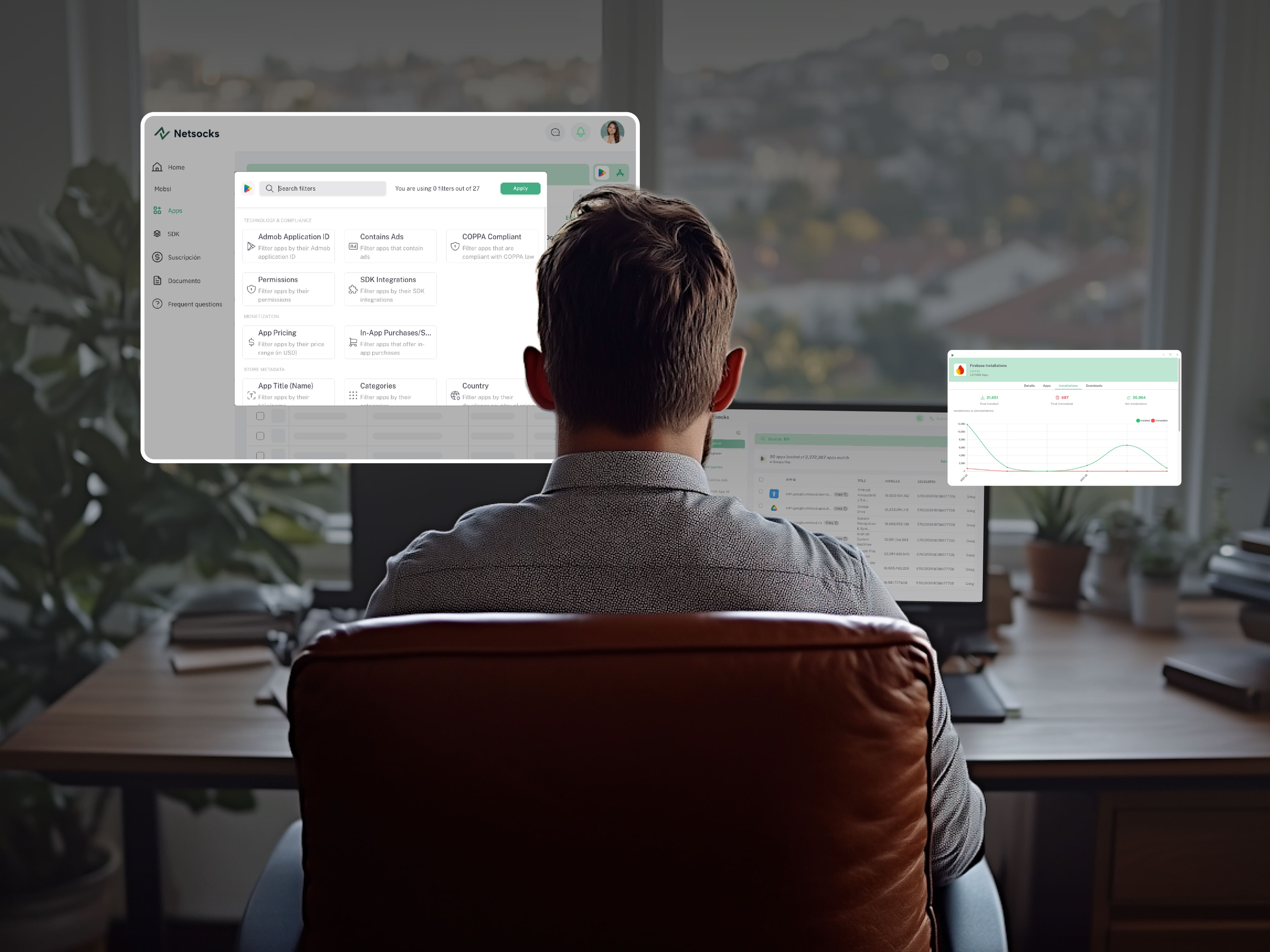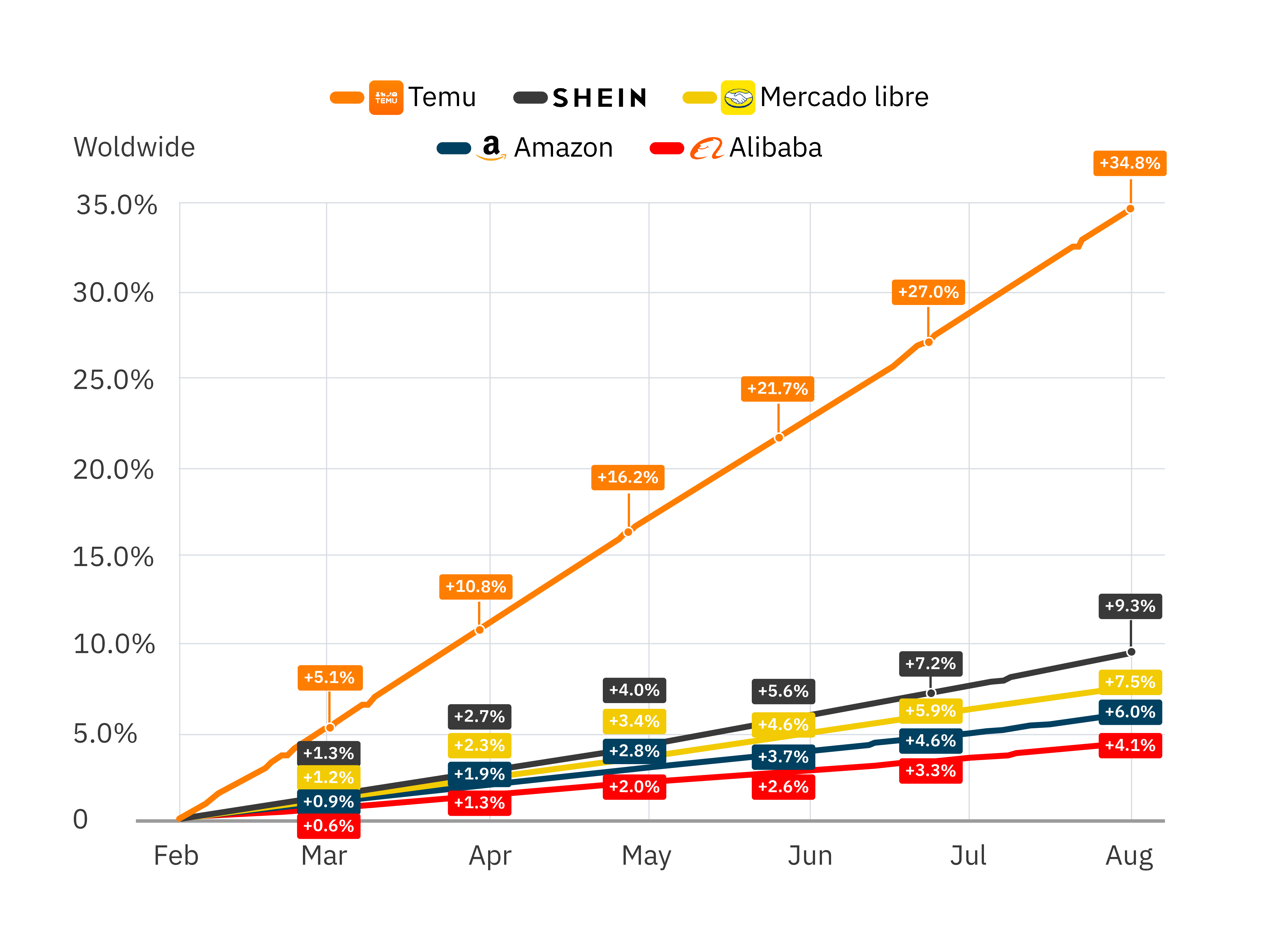
The legality of web scraping depends on the context and how it’s conducted. In some cases, web scraping can be legal and ethical, while in others, it may be illegal or unethical. Generally, web scraping is considered legal when it’s done ethically, respecting copyright, intellectual property, and user privacy.
For example, if the website does not explicitly prohibit scraping in its terms of service and scraping is performed responsibly, it is likely legal. On the other hand, scraping a website without permission, especially if prohibited in the terms of service, can be illegal or unethical.
It’s important to consider the legal and ethical implications of web scraping and take steps to avoid violating copyright, intellectual property, or user privacy rights. Understanding relevant regulations and laws and using appropriate tools and resources can help ensure ethical and legal web scraping.

What is Ethical Web Scraping?
In web scraping, ethics involve following principles that promote fair, responsible, and respectful data use. Here are some examples of ethical scraping practices:
- Obtaining Authorization: When possible, get permission from the website owner and/or the users whose data you are collecting. Respect any terms of service that prohibit scraping.
- Transparency: Clearly inform users if data is being scraped and explain the purpose of the data collection.
- Respecting Privacy: Avoid collecting personal or confidential information without consent, and secure collected data responsibly.
- Respecting Copyright: Adhere to copyright and intellectual property laws, and do not reproduce or distribute content without permission.
- Avoiding Server Overload: Avoid scraping that overloads the site’s servers or interferes with its normal functioning.
- Following Applicable Laws: Comply with applicable laws, including data protection and intellectual property laws.
Ethical web scraping helps promote fair and beneficial information use while respecting the rights of users and website owners. For more on ethical data practices, check our guide on Strategies to avoid blocking or limitation in web scraping
How to Know if a Website Allows Web Scraping
The most reliable way is to check the website’s terms and conditions. These terms are usually available in a specific section of the site and provide details on the use of content, intellectual property, privacy, and other relevant aspects.
If the terms of service do not explicitly prohibit scraping, it’s likely allowed legally and ethically as long as it’s done responsibly. However, keep in mind that some websites may allow scraping for certain purposes while prohibiting it for others, and terms of service can change over time. Regularly reviewing terms and conditions before scraping is recommended.
Regulations and Laws Applicable to Web Scraping
The regulations and laws applicable to web scraping vary by country or region. Here are some common regulations:
- Data Protection Law: Enacted in the European Union and other regions, this law requires that personal data be processed legally, fairly, and transparently, giving users control over their data.
- Intellectual Property Law: This law covers copyright, trademarks, and other intellectual property rights, requiring that copyrighted content not be copied or used without permission.
- Unfair Competition Law: Enforced in many countries, this law prohibits deceptive practices to gain a competitive advantage.
- Website Terms and Conditions: Each website has its own terms that outline usage rights for content, intellectual property, and privacy, and these terms should be reviewed before scraping.
Tips for Safe Web Scraping
It’s advisable to seek legal advice before engaging in any scraping activities. Here are some basic tips for safe, compliant scraping:
- Familiarize yourself with the laws and regulations in your country.
- Respect each website’s Terms of Service.
- Ensure that extracted data is not protected by copyright before using it.
Consulta a nuestros profesionales en web scraping para obtener recursos que faciliten una extracción de datos de manera legal y ética.



.png)

.png)

